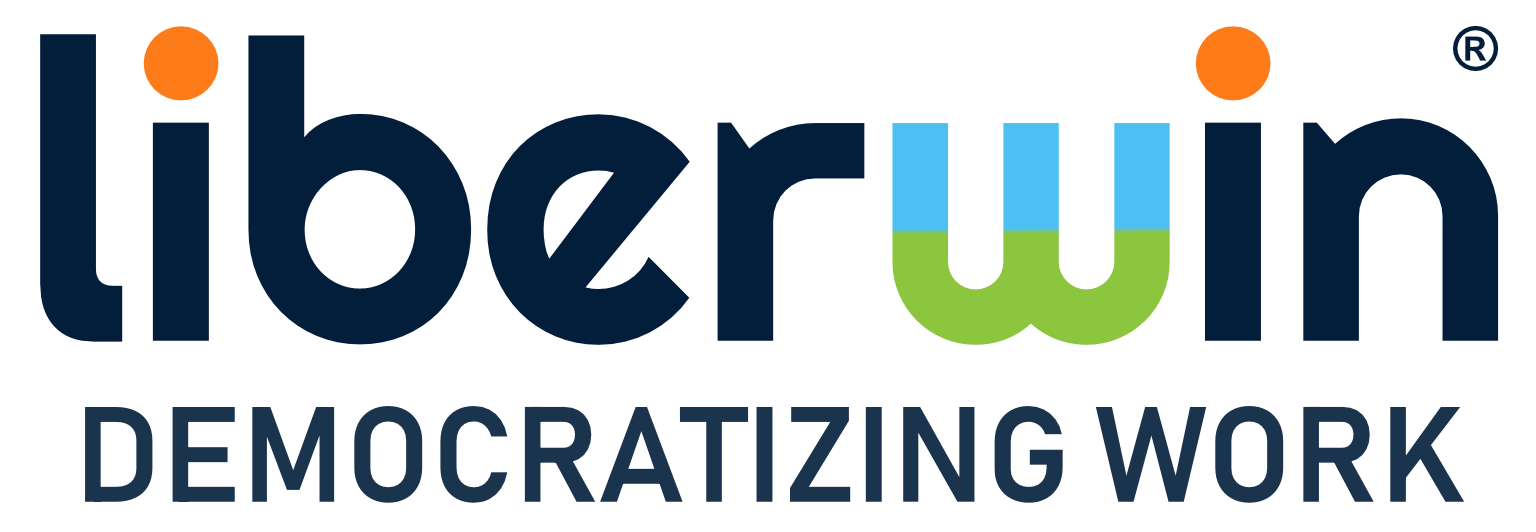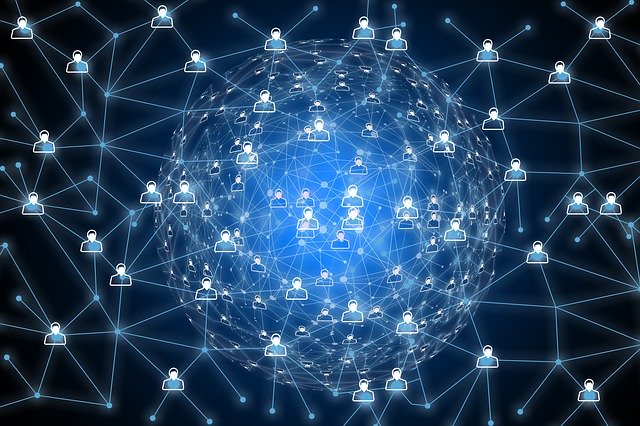The Future of Work is emerging much earlier and faster due to Covid-19 and the NewGen Talent who are seeking freedom, flexibility, and choice of work. The Covid-19 pandemic is pushing it further to a new normal with increased adoption in terms of the Volume, Variety and Velocity. It has also constrained workforce across the spectrum to stay at home and work as productively as they were. Hence the world of work has woken up to the new reality called “Remote working” across the board.
This increased adoption of Remote working presents unprecedented short-term and long-term challenges to enterprises in engaging their employees and in keeping the productivity afloat. During the last decade it has grown about 400% (~15% CAGR) and has provided the much needed momentum for growth that we foresee now for the future. The combination of remote working and newgen talent may create a situation of more disengaged employees unless proactively taken care of. The disengaged employees not only will cost the company but also will start to drift towards moonlighting opportunities through emerging gig work and human cloud platforms.
Remote working today requires new ways of breaking down work, digitally distributing work and remotely managing the work done by distributed teams. Remote workforce requires clarity in goals or outcomes, autonomy, work alignment to their interests, instant feedback and instant recognition or rewards. We believe for the enterprises to embrace this reality, they need to assess their readiness & maturity and bridge the gap quickly to keep up the pace with the changes around.
We believe the real opportunity of “Taking Work to where Talent is” centered around four important areas namely,
- Remote Micro-Working (Digitization of work – Distributed Work – Distributed Team)
- Culture Change
- Customer and Business Focus and
- Governance (Structure – Stakeholders – Systems – Infrastructure)
In the first Part of this series, we discuss Remote Micro-working and Culture Change. We will cover the other two areas in our next part of the series.
Remote Micro-Working
The future belongs to enterprises that can efficiently Digitize work, Distribute work and manage Distributed teams to meet the changing customer expectations.
a. Digitization of Work
In many industries and enterprises, the journey of Digitization of everything (i.e. assets, operations, workforce etc.) has begun long before Covid-19. Digitization requires commitment to fundamental changes in how people work. Digitization of work enhances flexibility for enterprises and employees, increasing productivity and enabling work-life balance.
We define “Digitization of work” as defining the work in digital form, breaking it down into smaller, manageable independent units of work with clear outcomes that can be delivered by an individual or a smaller team.
Work needs to be efficiently digitally defined, communicated, delegated, allocated, tracked for progress and approved for outcome. Enterprises need to assess the following and improve upon them continuously,
- Types of work (core functions or support functions) that can be done digitally
- Volume of work that can be done remotely (anywhere, anytime)
b. Distributed Work
Distributed work has been a popular phenomenon in recent times, given the increased level of globalization, trade, technological progress, deeper internet penetration and advanced mobile communications. The enterprises that are moving towards Distributed Work need to examine their readiness in the following areas,
Work design
- Standardization of work (constantly driven by customer acceptance)
- Segmentation / Breaking-down of work (any part of the work)
- Talent replaceability for the work (anybody with required skill set can be deployed for work)
Work sharing
- Sharing of work digitally (anywhere geographically)
- Synchronizing of work by work teams (anytime across time zones)
- Securing of work (data security and integrity)
Work execution
- Communication (synchronous – audio/video conference calls, chat; asynchronous – email, collaboration tools)
- Infrastructure support (digital and physical)
- Microlearning specific to work (upskill, reskill)
- Digital Collaboration (e.g. Dropbox, Google Drive, Slack)
- Online Task management (e.g. Microsoft Planner, Trello, Asana, Smartsheet)
- Remote work Training (orientation including data security, capacity building)
Work closure
- Review, Feedback and Rewards based on agreed Outcomes
- Commercial closure of work
c. Distributed Teams
The key challenge in remote working is to have teams deliver as efficiently as before or as per emerging customer priorities / preferences. The employees who were working together in a particular office location may have moved out to different locations, possibly different time zones. Enterprises may start to leverage new types of workforce in the mix such as contingent workers who are also remote working. Customers and vendors of enterprises may also be entirely or partly working remotely. This necessitates enterprises to understand how different groups of employees interact with each other and with customers, vendors to facilitate remote working accordingly. Enterprises need to consider,
- Level of empowerment for employees to work flexibly, from anywhere at convenient time with the accountability to deliver outcomes (flexi-work, flexi-location and flexi-time)
- Extent of employee freedom to self organize and align to their work interfaces in an agreed timings using collaborative platforms and communication tools
- Availability of enhanced HR Tech platforms for remote management / engagement of employees, including setting up 24/7 employee support center for addressing grievances and urgent needs
Culture Change
Remote work today is evolving with its own complexity given that work is done by talent remotely through technology, connectivity, collaborative and communication tools. This is governed by new norms and believed to bring maximum benefits to all the stakeholders. But such norms and beliefs have to become a Culture in order for the Remote work to happen smoothly without much of nudging or monitoring.
We believe such culture is a result of wider and sustained adoption of a number of initiatives like the ones listed below. The question is how ready enterprises are in these.
- Stakeholder sensitization (empathy, honesty, care for well-being, boundaries of work-life, autonomy)
- Continuous learning (relearn, uplearn, micro-learn)
- Purpose-driven engagement (transparency, trust, diversity, inclusion, positivity, celebration of progress, collaboration, innovation, instant feedback)
- Remote work management (continuous focus on customer, clarity on work expectations, purpose, accountability/ownership, outcomes, measurement)
Way Forward
Enterprises need to rapidly assess their readiness in the aforesaid areas and track the progress continuously to facilitate the work and talent mobility seamlessly. There has been an emergence of numerous HR Tech and Talent Management tools, applications and platforms in recent times. However the RoI on such tools significantly depends on the Enterprise readiness and maturity in the areas we have discussed above.
We will discuss further on the other two areas – Customer & Business Focus and Governance, in our next part of this series. So, stay tuned and happy transition.



0 Comments